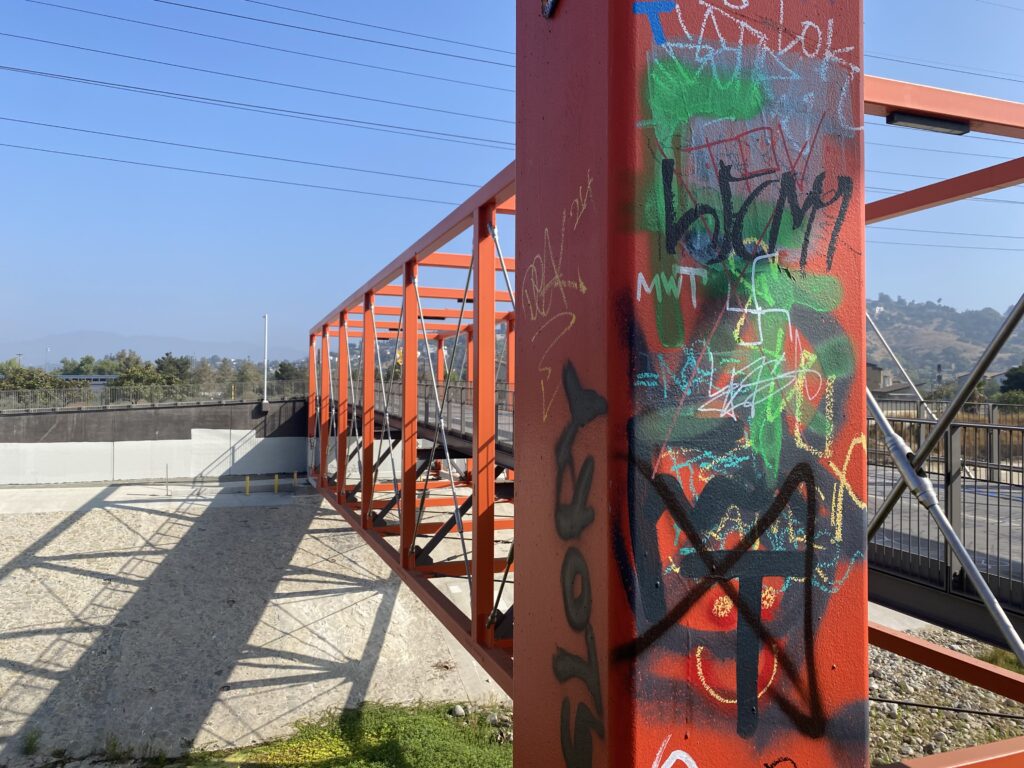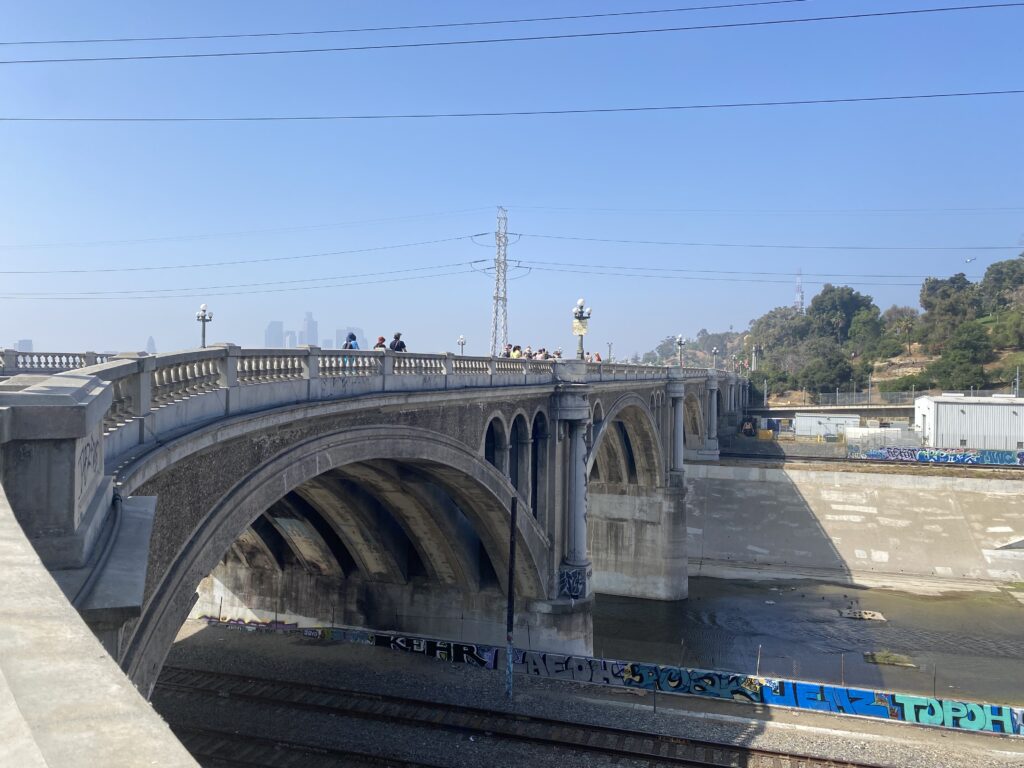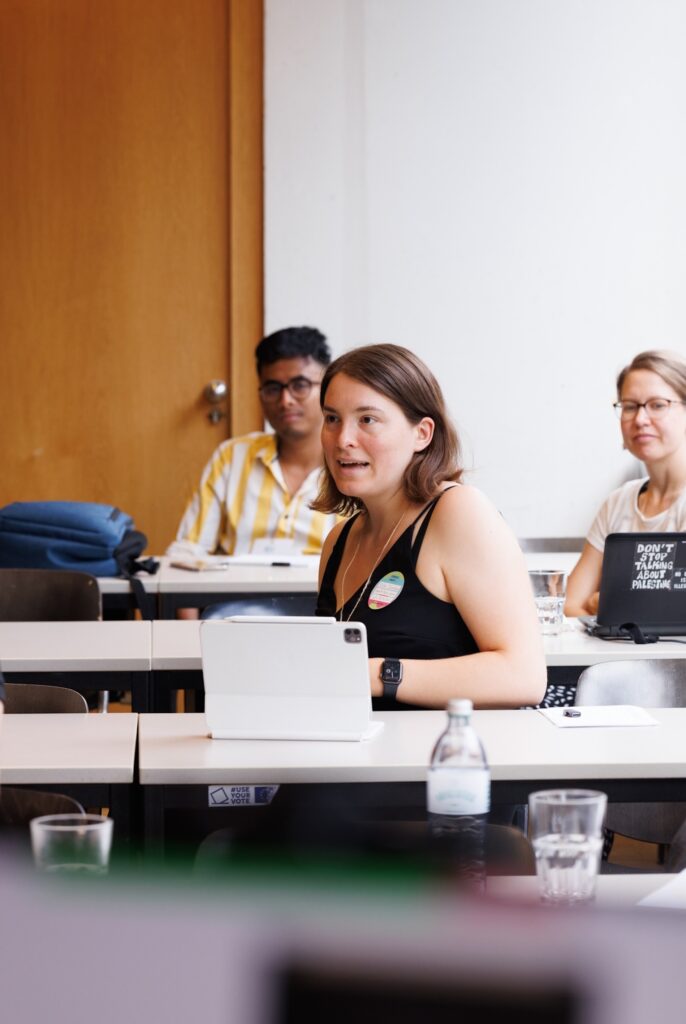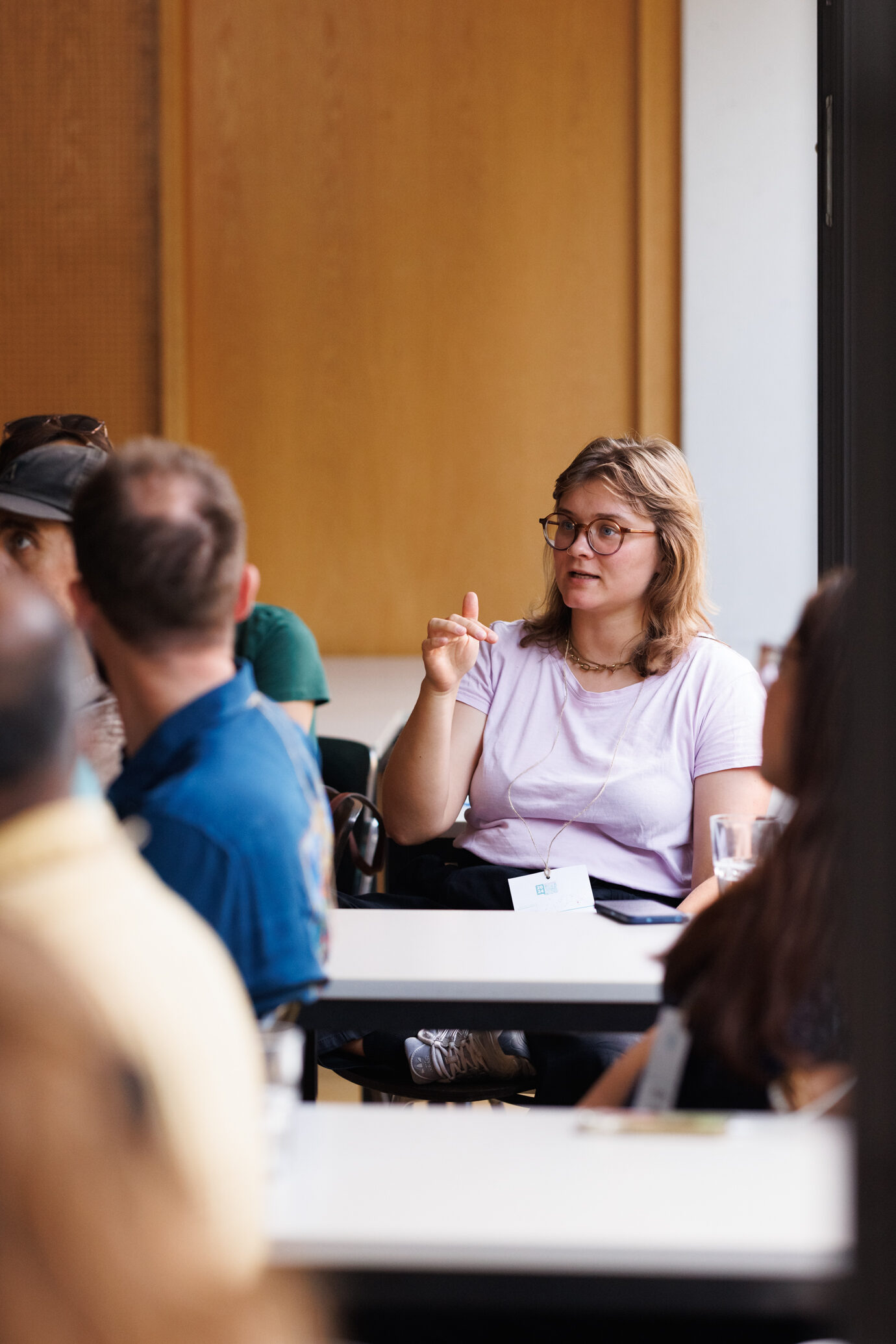Beim STS Hub 2025 in Berlin, der unter der Überschrift „Diffracting the Critical“ stand, war unser Projekt mit einem Beitrag zu den verschiedenen Formen von Grenzarbeit (Boundary Work) die zivilgesellschaftliche Akteure im Zusammenhang mit ihren Datenpraktiken leisten, vertreten. Der Vortrag behandelte die Rolle von freiwilliger Datenarbeit in den Aushandlungen um eine Verkehrswende. Aktivist*innen in Frankfurt erfassen Rad- und Fußverkehrsdaten, um ihre Anliegen mit numerischer Evidenz zu untermauern und sehen sich wiederholt mit mit Diskussionen über Datenvalidität konfrontiert. Daten werden dabei selbst zu einem Gegenstand von Grenzarbeit und sind zugleich Werkzeug für Kollaboration und die Neuverhandlung von Grenzen und Zuständigkeiten.
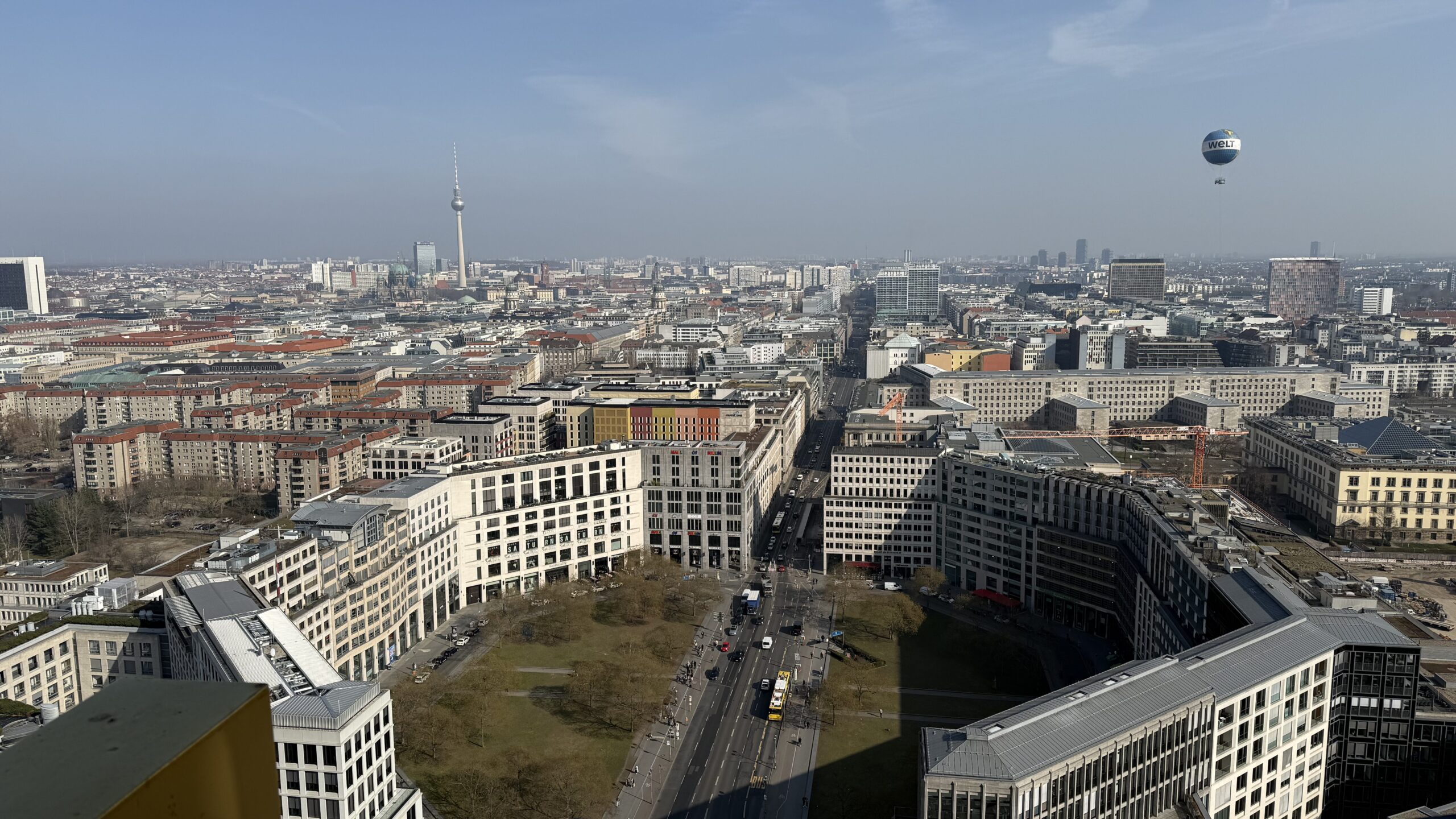
The Politics of Voluntary Data Labor: Activist Boundary Work in Urban Mobility Transformation
Panel
Demarcating boundaries of and with data: Boundary work in the age of datafication
Autorin
Catharina Dietrich
Abstract
The demand for numerical evidence is becoming increasingly prominent in policy and administrative decision making and audible in public debates (Rieder and Simon, 2016). The field of urban mobility is no exception. In the heated debates over a sustainable traffic transition, experiential knowledge is often dismissed as unreliable.
Weiterlesen
In my research on activist data practices in Frankfurt, Germany, I observed that civic actors engage in voluntary data labor to meet these demands. Activists collect and generate digital data on cycling and pedestrian traffic to underpin their claims. By employing measuring devices and counting practices, they reconfigure their sensory perceptions into numerical evidence. Their effort to produce knowledge that is seen as neutral and credible, and to frame it as “citizen science”, involves considerable boundary work. As the data they produce is often contested, they find themselves in ongoing negotiations about what counts as valid knowledge and what characterizes trustworthy data.
My paper explores these dynamics and examines how voluntary data labor in combination with careful boundary work can allow activists to increase their discursive and political power and claim space for non-motorized transportation in the city.

